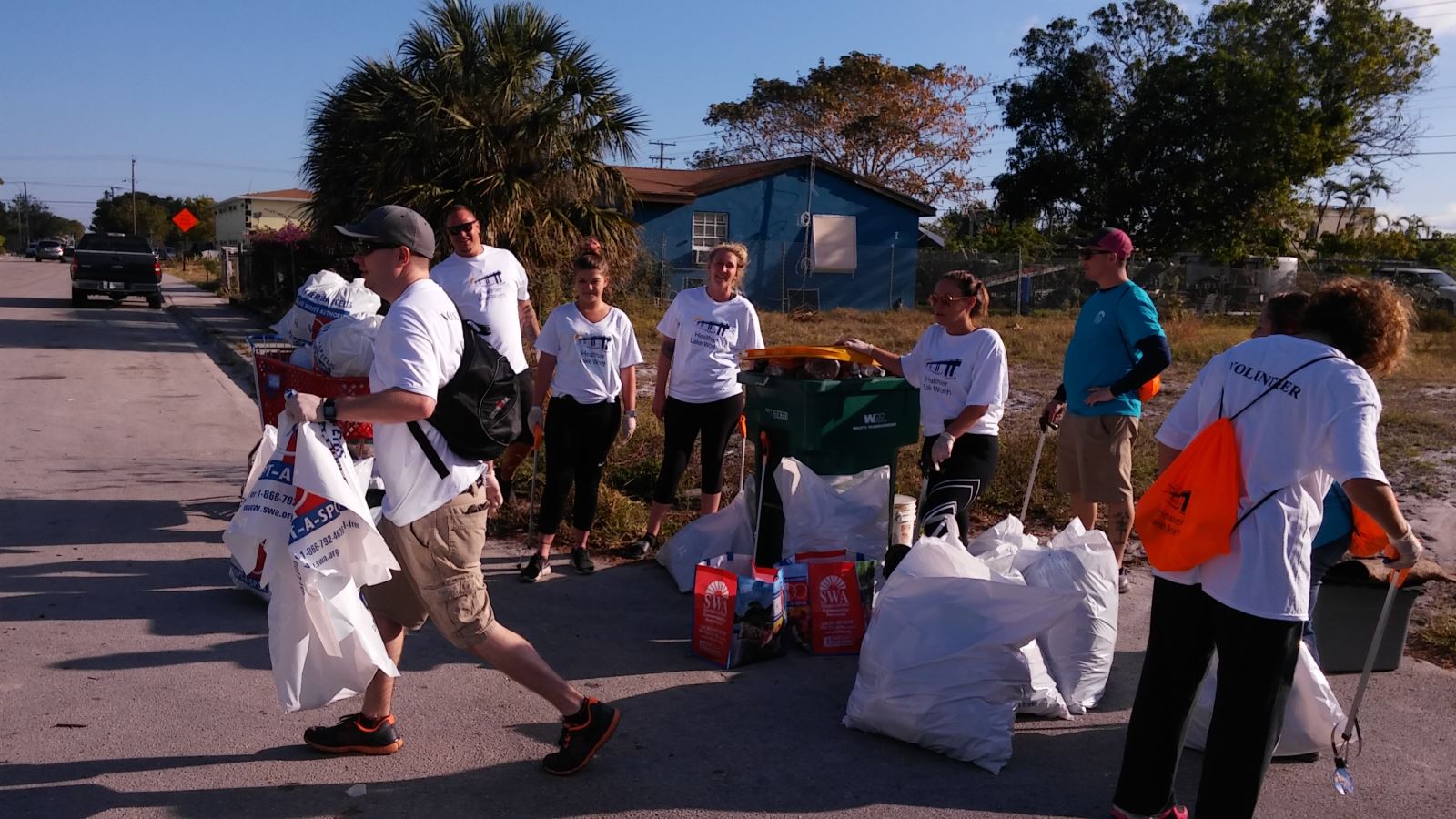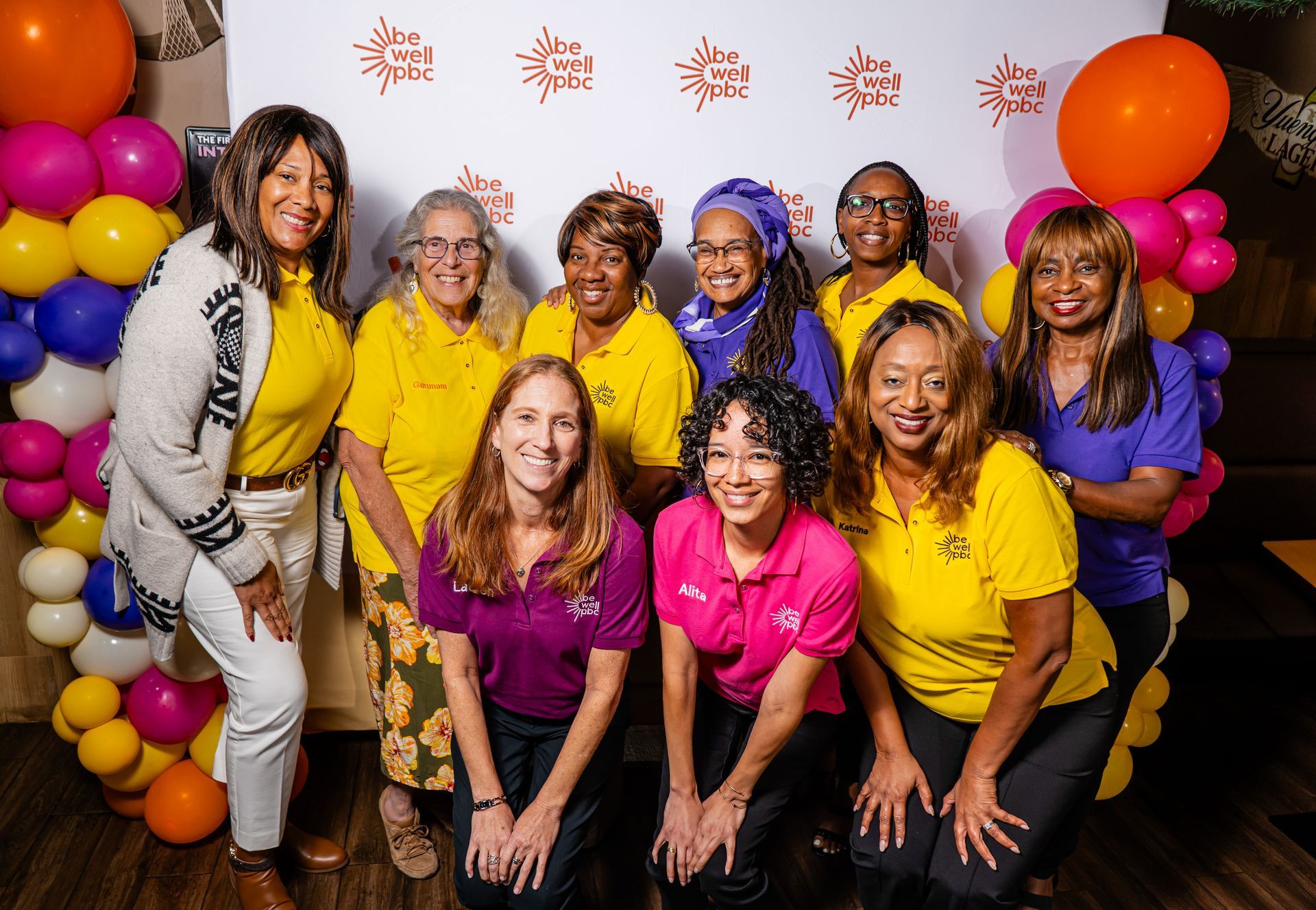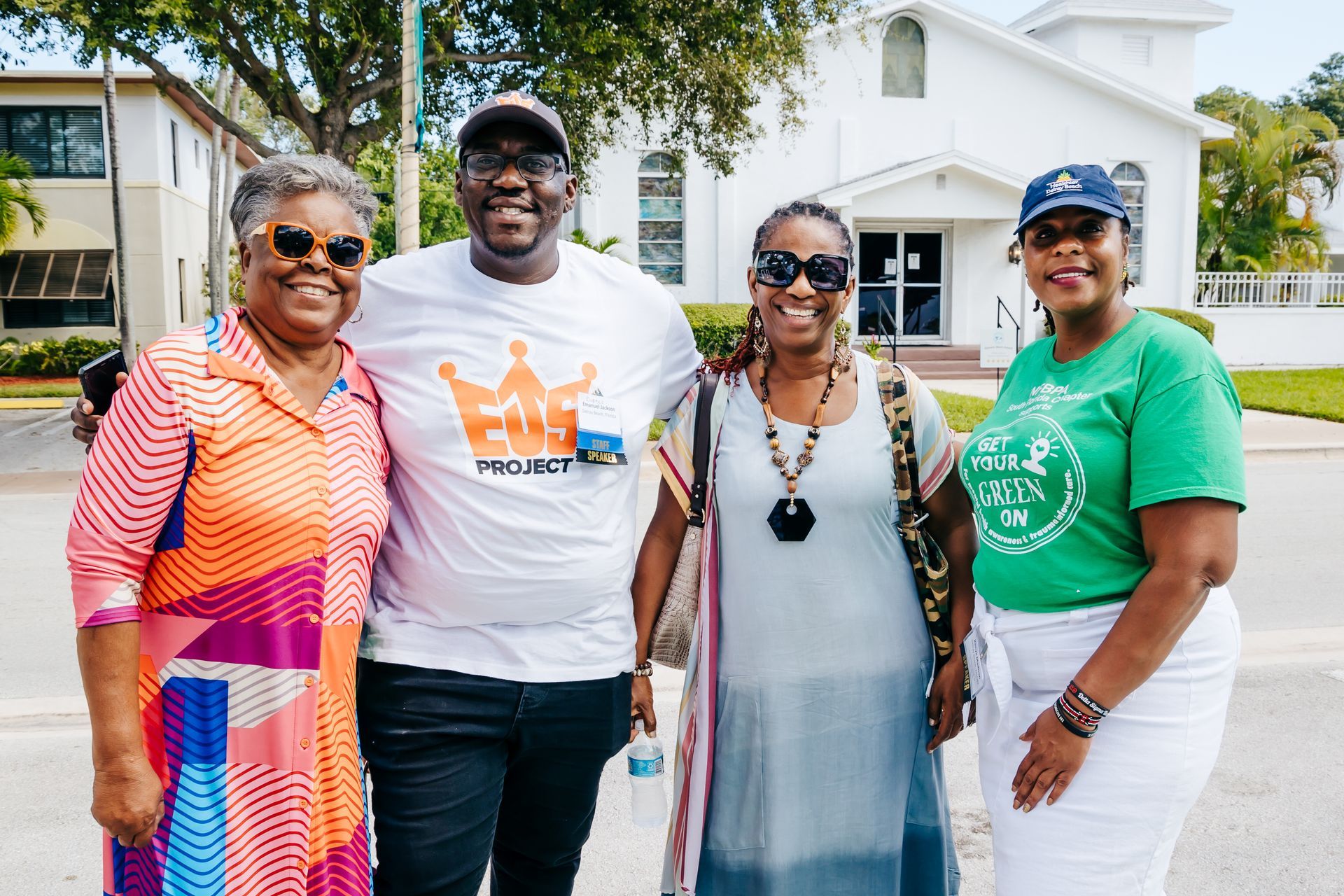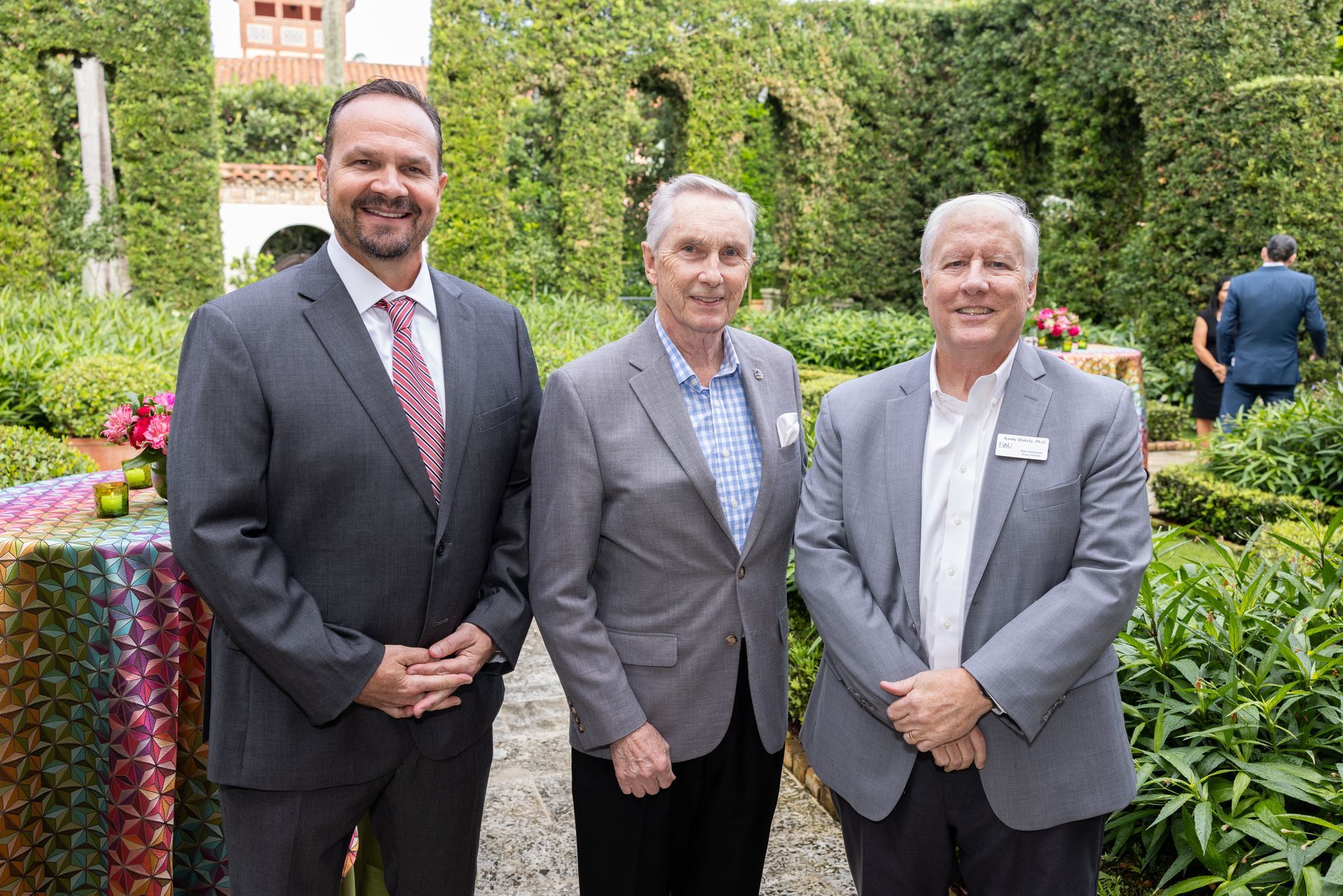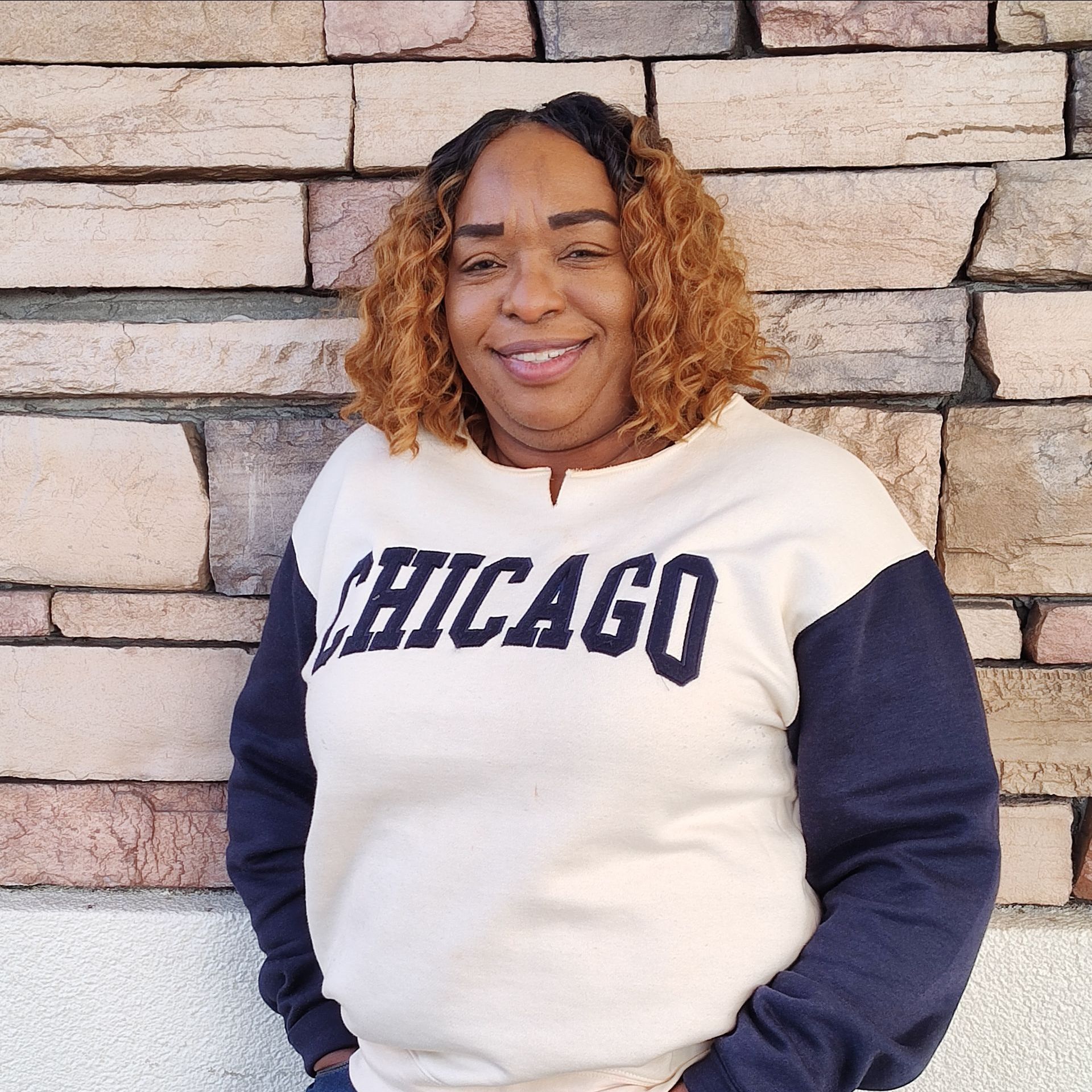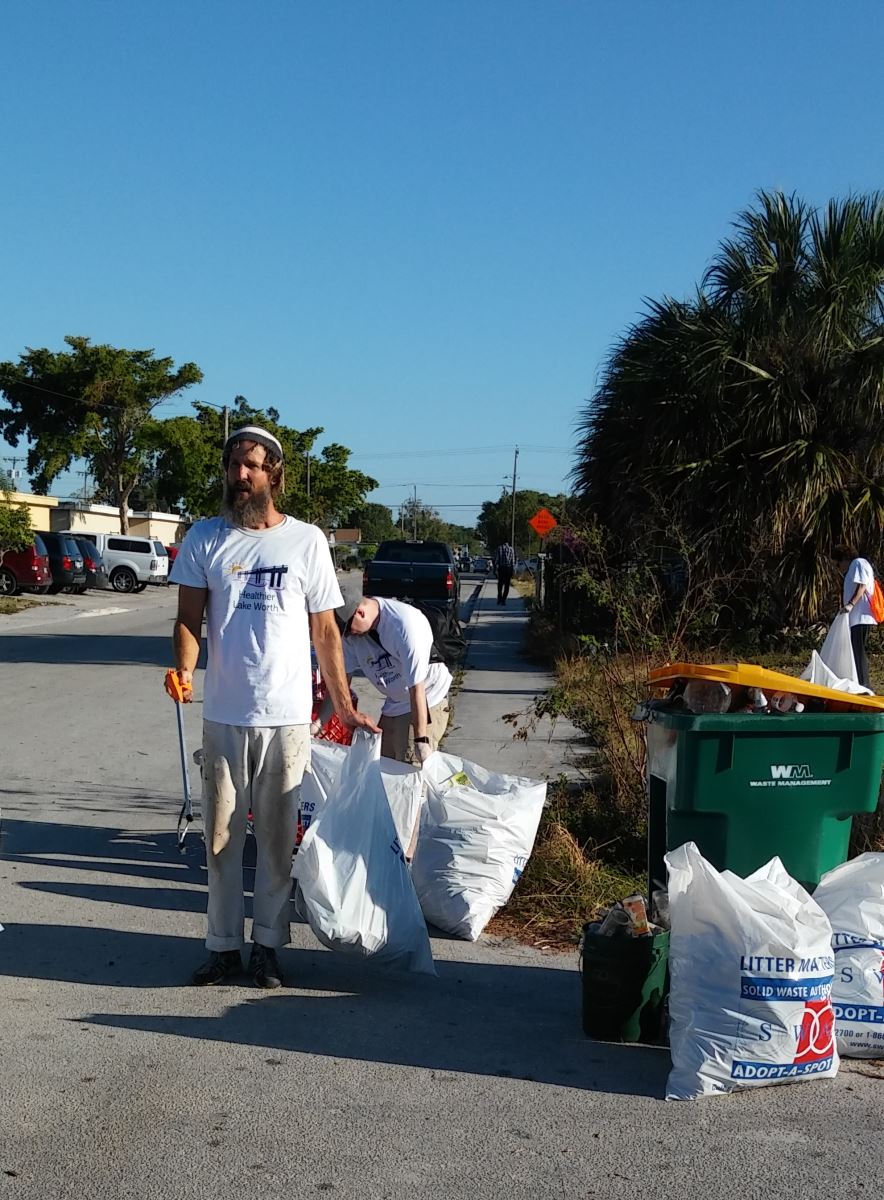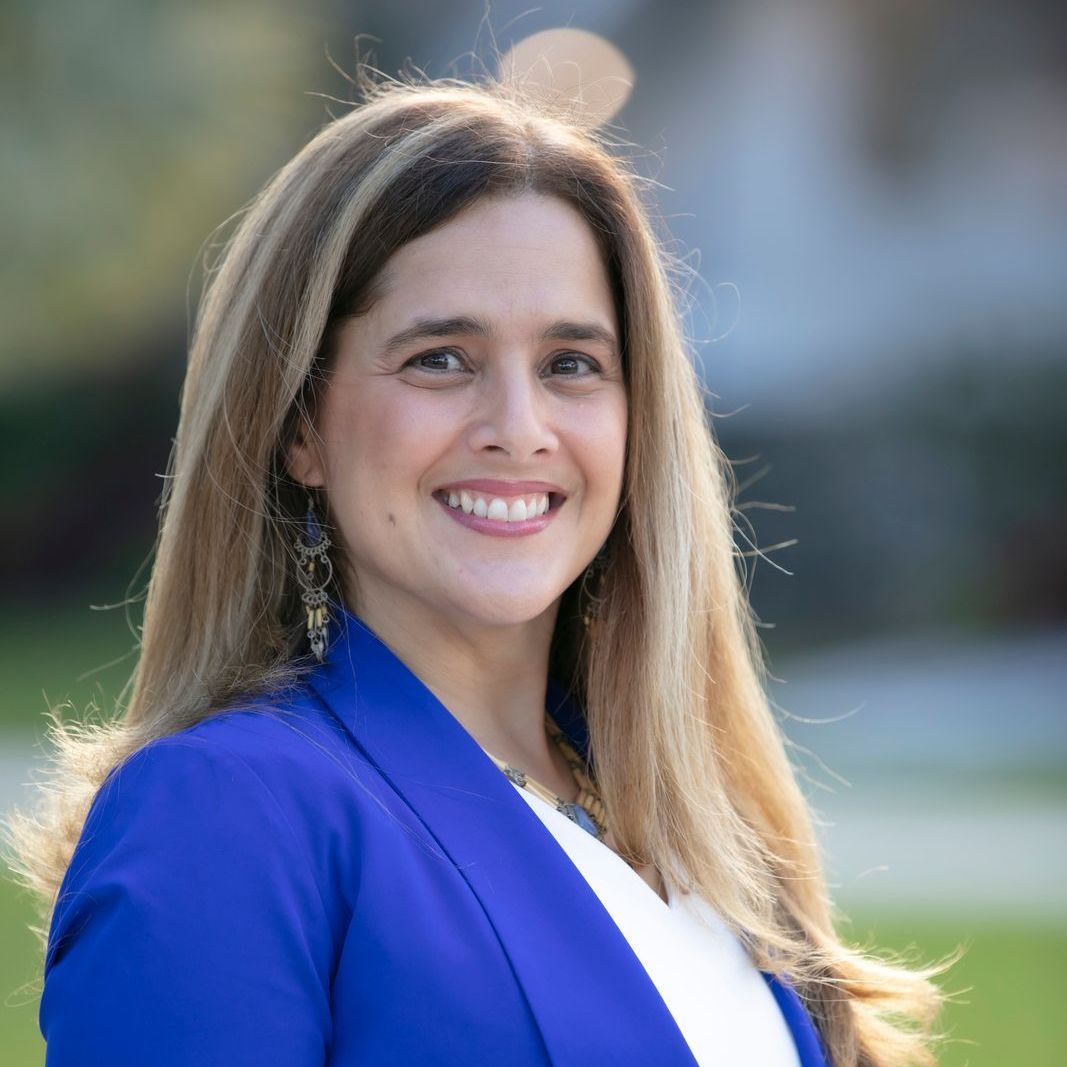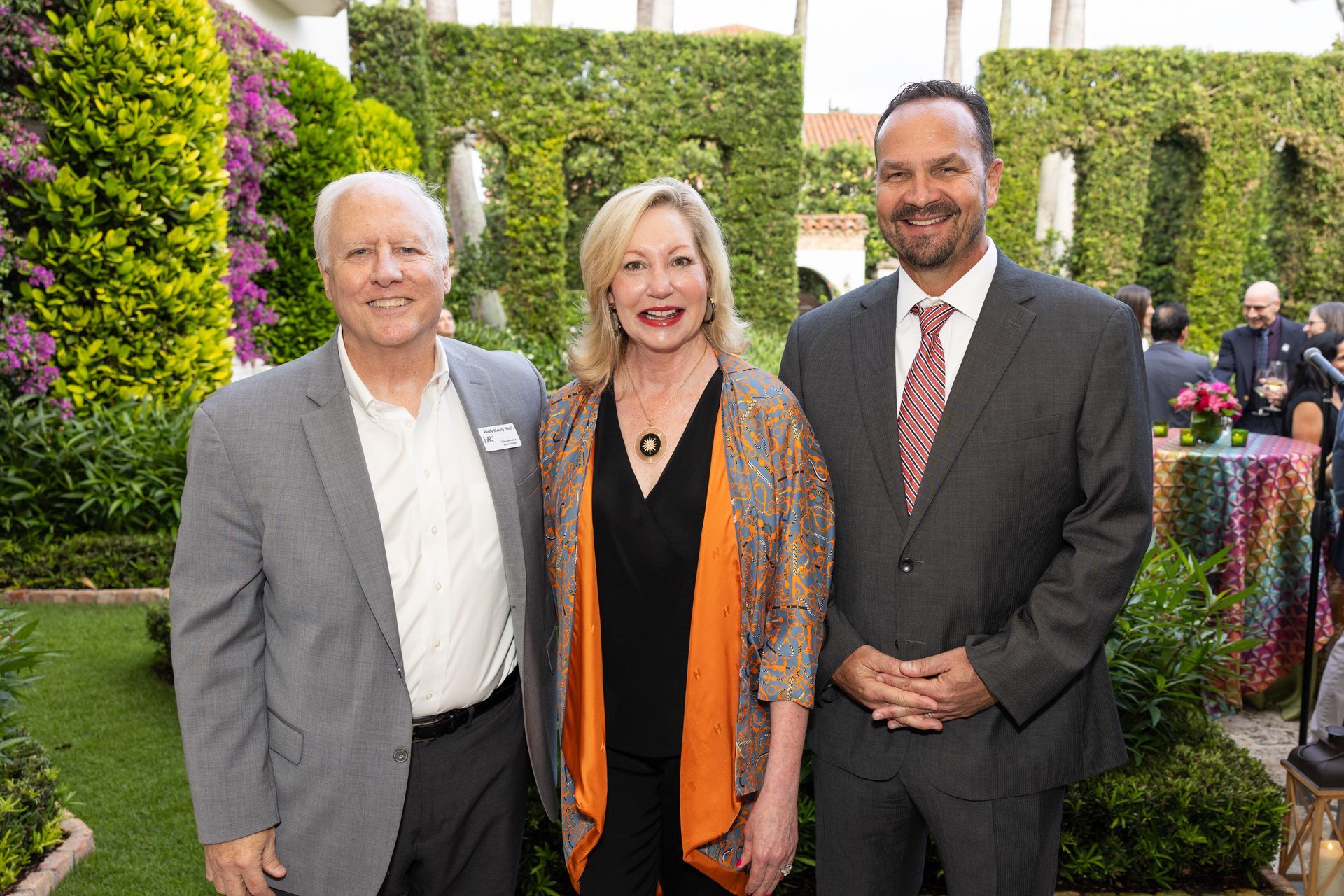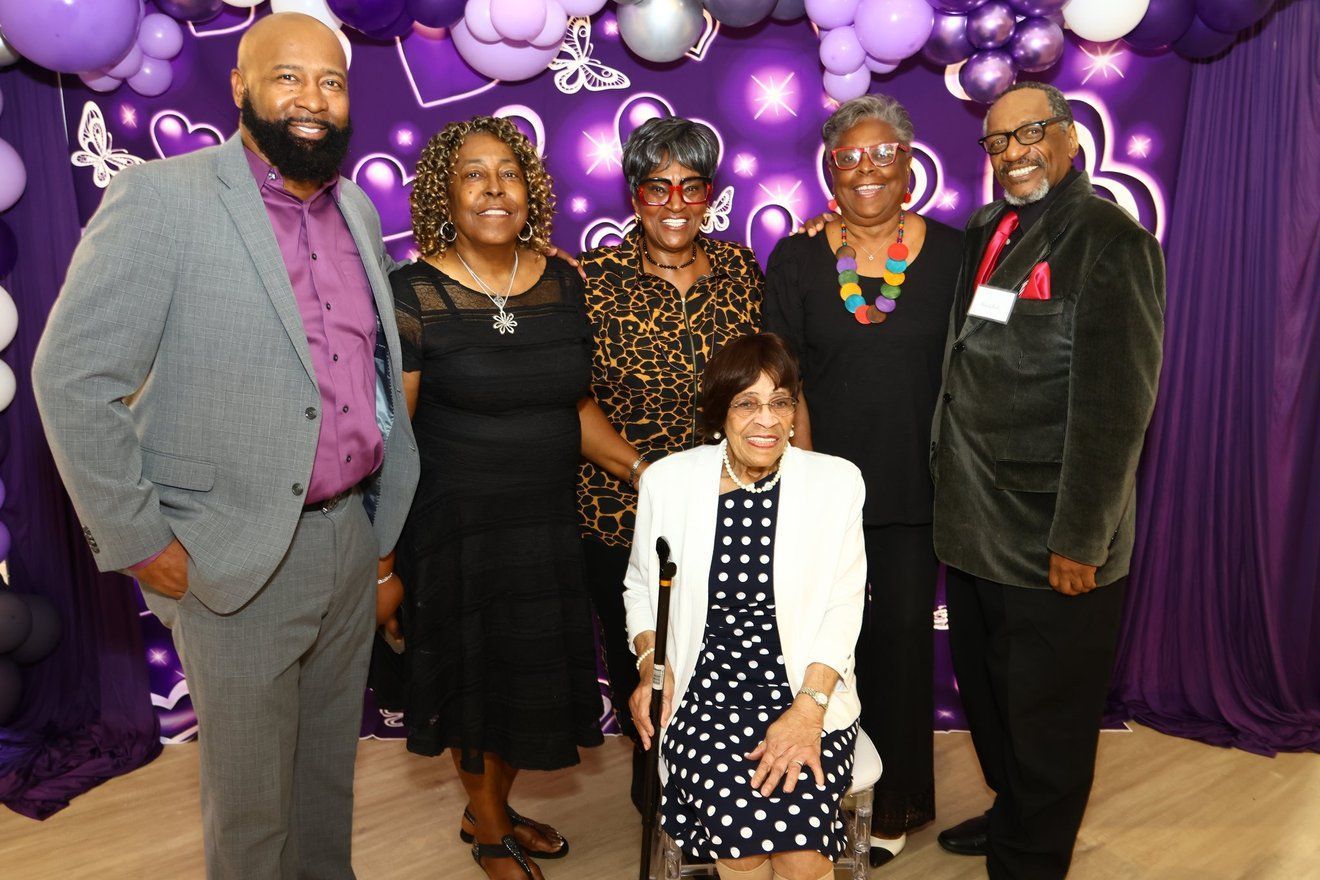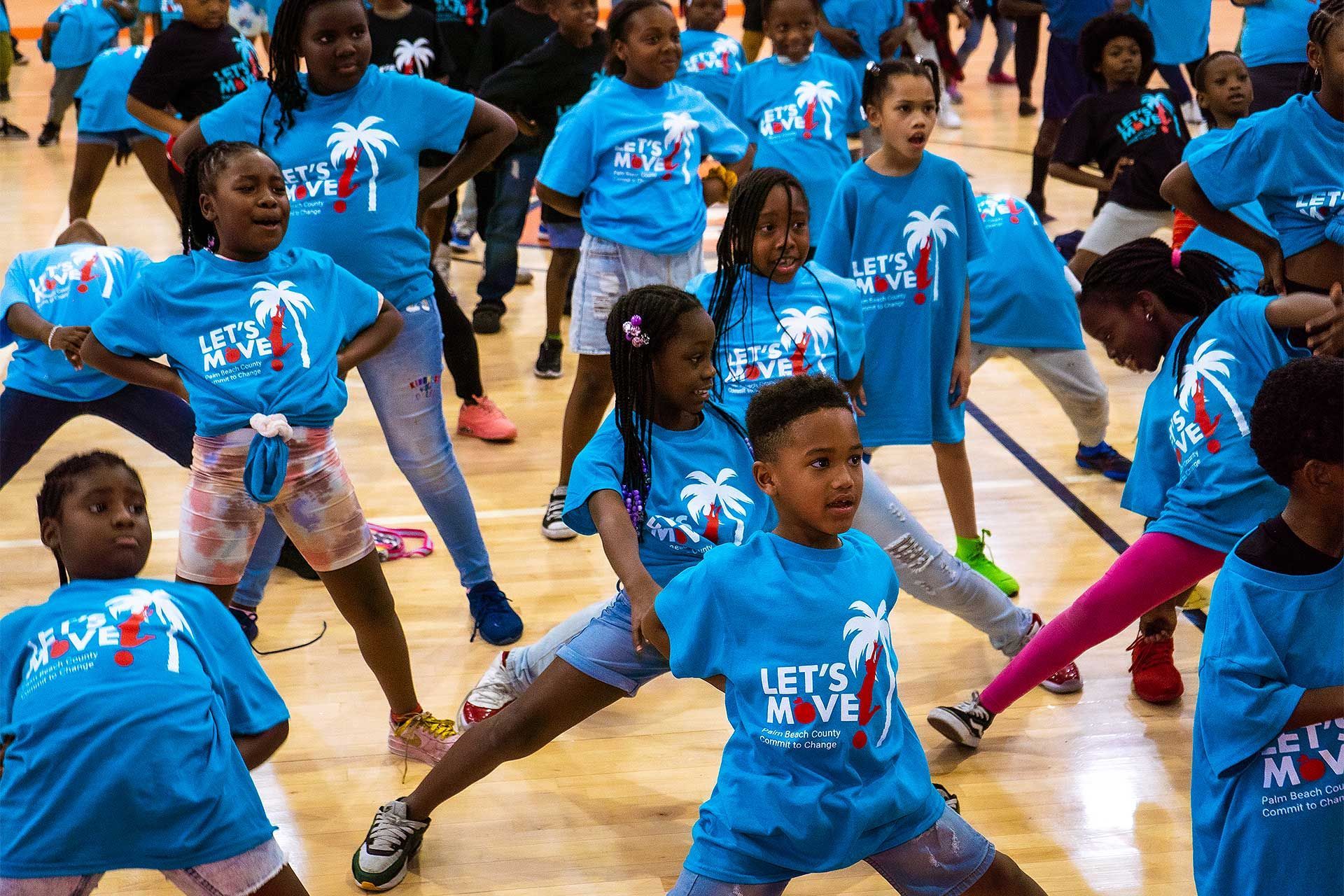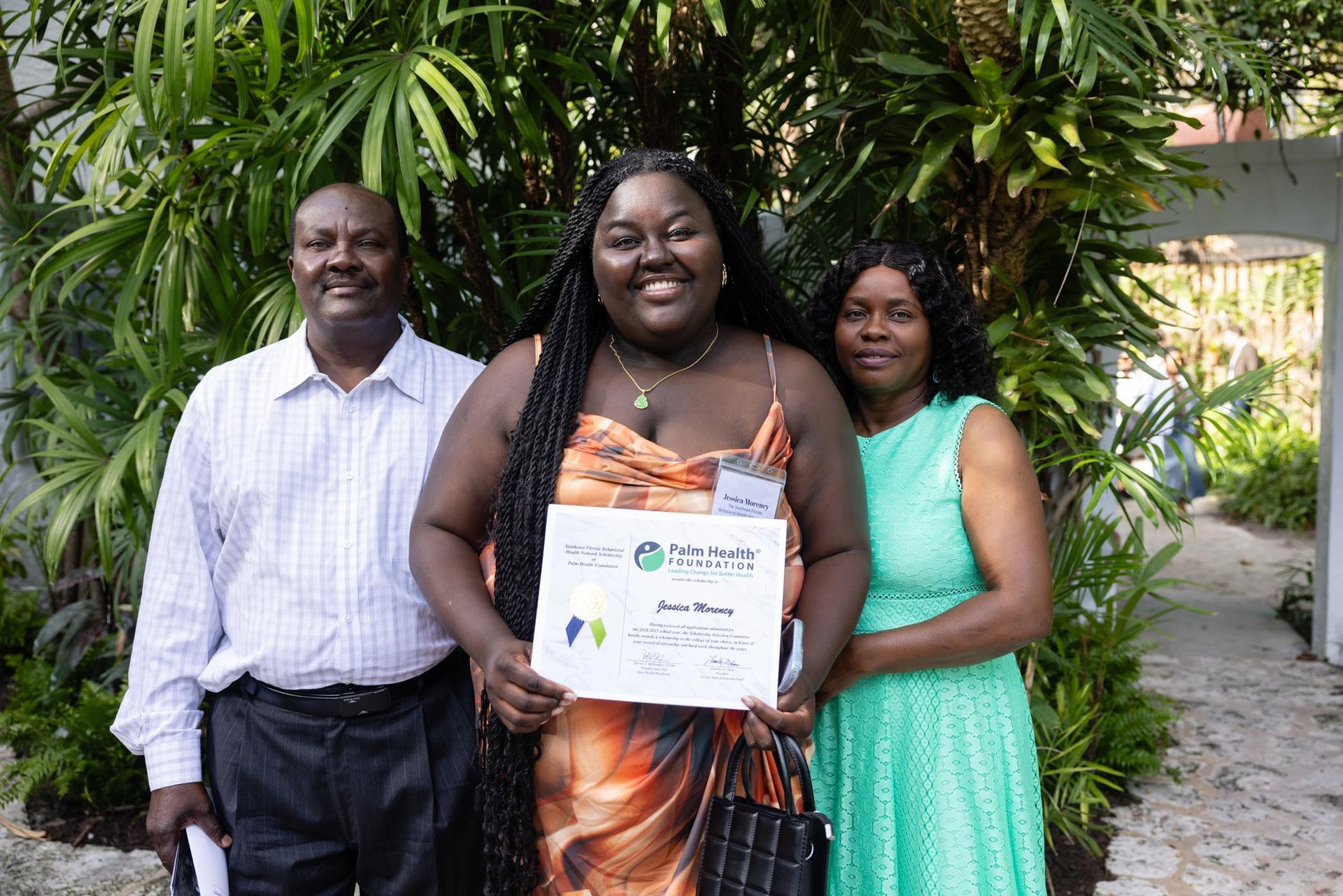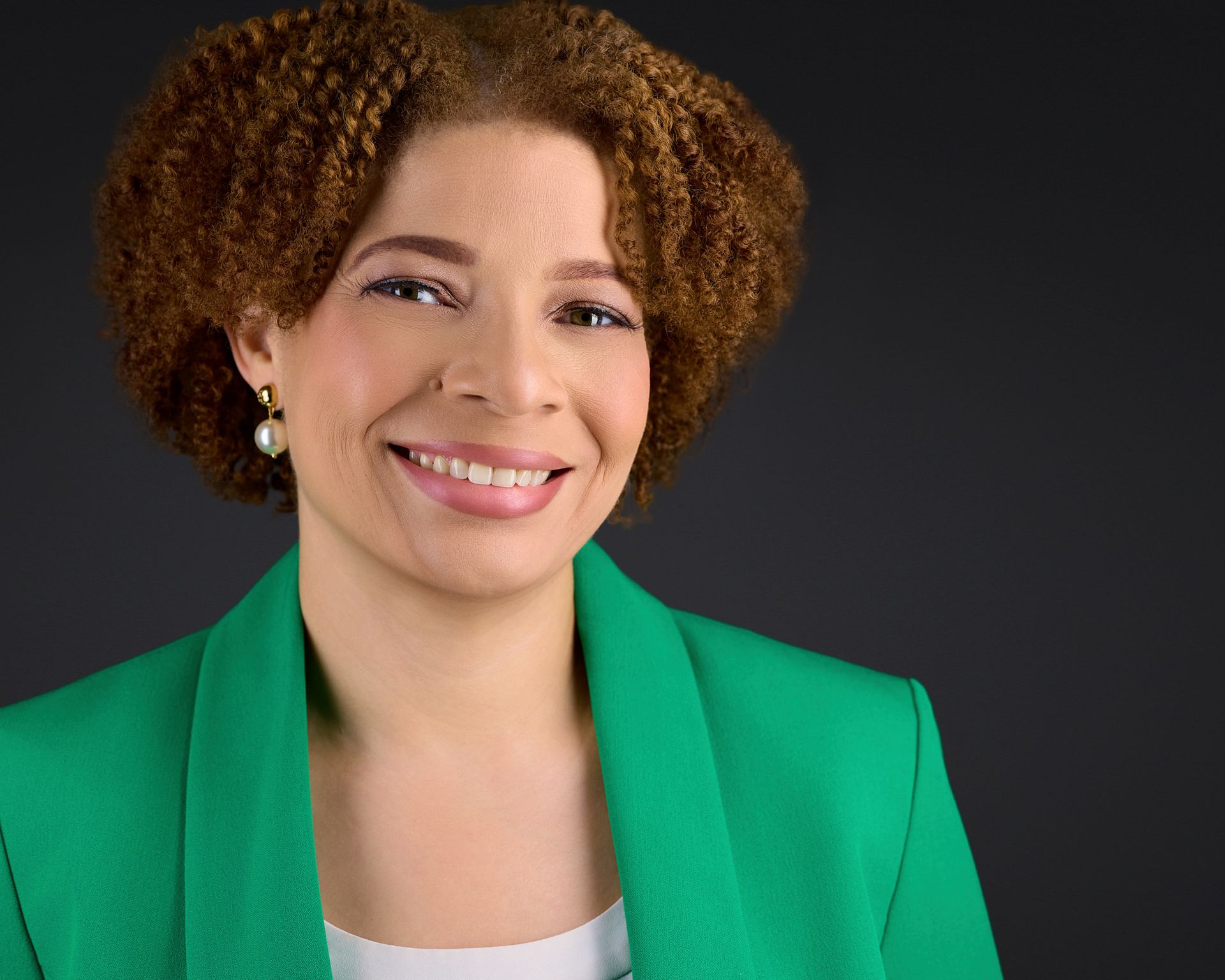April 11, 2025
The Palm Beach Post’s November 12, 2024, article, “ How South Florida aims to become capital of neurological research and treatment ,” introduced readers to a historic collaboration among six esteemed institutions who have formed an alliance to position our region as the “Brain Coast.” As more attention is placed on health and science research spending at a national level, the Brain Coast Alliance is shining a light on the significant discoveries and economic benefits that we all enjoy because our community is united in support of scientific innovation in our own backyard. Our local investments have had a profound global impact, especially in the area of brain science. This is vitally important to all of us, because when the brain thrives, every aspect of our being benefits. When the Brain Coast thrives, every aspect of our region stands to benefit. The brain health discoveries originating in Palm Beach County, FL, where Brain Coast founding members, the Florida Atlantic Stiles-Nicholson Brain Institute (FAU), The Herbert Wertheim UF Scripps Institute for Biomedical Innovation & Technology, and the Max Planck Florida Institute for Neuroscience (MPFI) reside, reflect the life’s work of hundreds of scientists working together to illuminate the awesome complexity of the human brain. Their ultimate goal is to find better treatments and even cures for some of humanity’s most challenging brain diseases and disorders, including neurodegenerative diseases like Alzheimer’s and Parkinson’s, psychiatric disorders like schizophrenia, bipolar disorder and depression, and developmental difficulties such as autism and sensory processing disorders. Together, these brain conditions affect more than eight in 10 Americans and their ability to lead healthy, fulfilling lives. Life science discoveries and development affect the health of our local economy as well, providing over 7,500 jobs and contributing $1.6 billion total gross regional product , according to the Business Development Board of Palm Beach County. This local industry is also a driving force for growth. MPFI has attracted scientific investment through a partnership with microscopy manufacturer Abberior Instruments, who moved their US headquarters to Jupiter, FL, in 2017, where recently ZEISS opened a new advanced microscopy training center. Similarly, FAU’s multi-campus partnership with Nikon Instruments, has garnered a designation as a Nikon Center of Excellence , one of only 17 in the Americas and 1 of 32 worldwide. Additionally, Wertheim UF Scripps Institute researchers have established companies in Jupiter that are attracting millions in outside investment while they advance possible treatments for forms of muscular dystrophy, ALS, and glioblastoma. Building upon strengths, Florida Atlantic, home to five inductees into the National Academy of Inventors, oversees a thriving Tech Runway and Research Park , promoting the development of diagnostics and treatments for brain disorders, among others. With professional opportunities and investment come advanced educational opportunities to boost STEM appreciation and careers, creating a dynamic ecosystem where schools benefit from enhanced educational resources, career opportunities, and community collaboration, all bringing the vision for a thriving Brain Coast to life. Beyond local impact, Brain Coast Alliance partners are fueling America’s research pipeline, ensuring that our country is—and stays—at the forefront in the development of life-changing medications and therapies. Palm Beach County’s research institutes’ list of discoveries is inspiring and supports Florida’s public health priorities , including addressing chronic health conditions, understanding the neural basis of addiction, treating mental health conditions, and understanding Alzheimer’s disease and dementia. Did you know, for example, that the genetics of forgetting were uncovered in Jupiter? Other examples of Brain Coast Alliance researchers’ worldwide impact on some of the most debilitating diseases and conditions include: At FAU, Erik Engeberg, Ph.D., is exploring two-way communication between the brain and robotic devices , where an artificial limb would respond to brain signals for movements, and Ning Quan, Ph.D., has discovered novel healthy roles for inflammatory immune molecules in the brain that may one day lead to novel neuroprotective medications. At The Wertheim UF Scripps Institute, Laura Bohn, Ph.D., has shown that dangerous and unwanted side effects of pain medications, including respiratory suppression and itching, can be minimized with next-generation medications now in development. Meanwhile, Matthew D. Disney, Ph.D., has discovered a potential medication for Parkinson’s that disables the toxic RNA driving the disease. At MPFI, Vidhya Rangaraju, Ph.D., is conducting research that could allow for earlier diagnosis and intervention of ALS, and Sarah Stern, Ph.D., is helping to uncover how the brain processes information related to hunger, thirst and stress, that could unlock new treatments for obesity, eating disorders, and other psychiatric conditions. We look forward to maintaining the momentum on life-changing research that impacts our region and our world. Science is a vital pillar of our economy, one that enhances everyone’s health and wellbeing. To learn more about how you can champion science and support this vital work, visit Palm Health Foundation’s website . Signed, Patrick J. McNamara , President and CEO of Palm Health Foundation, on behalf of the Brain Coast Alliance : Florida Atlantic Stiles-Nicholson Brain Institute, The Herbert Wertheim UF Scripps Institute for Biomedical Innovation and Technology, Max Planck Florida Institute for Neuroscience, Palm Health Foundation, Stiles-Nicholson Foundation, and the Southeast Florida Behavioral Health Network
